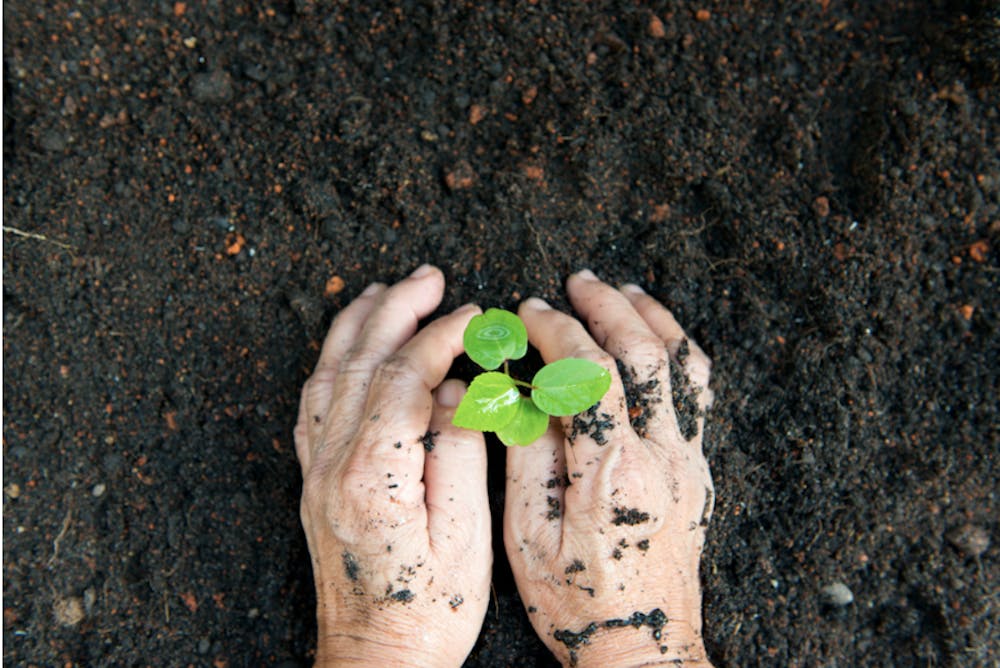By Ethan Resnik and Matt Lago
Staff Writer and Correspondent
Dr. Miriam Shakow’s Anthology 246 class is different from an average college course. Instead of the focus on studying, tests and homework, students learn to get active and make a difference in campaigns that tackle major environmental problems.
“My aim is to help students change society for the better,” Shakow said. “Most people don’t get the opportunity to learn about how societal change happens; they usually don’t learn that anyone can change society for the better. We spend a lot of time in this class on group policy change projects.”
Amidst the multitude of issues that have affected the country, such as Covid-19, the resurgence of the Black Lives Matter movement and the California wildfires, one issue that has lingered throughout centuries is climate change. With the arrival of new youth-led environmental movements at the College, no one will have to tackle change by themselves.
There are currently three environmental groups that students are working on: the Sunrise Movement, 350 at TCNJ and Our Climate Our Vote.
The main goal of the Sunrise Movement was to pass the Green New Deal. According to the Sunrise Movement, the Green New Deal is “congressional to mobilize every aspect of American society to 100 percent clean and renewable energy, guarantee living-wage jobs for anyone who needs one and a just transition for both workers and frontline communities — all in the next 10 years.”
Baylie McMahon, a sophomore international studies major, discussed the benefits of joining the College’s chapter of Sunrise.
“(It’s) a great way to learn about campaigns and get involved in a movement for change,” McMahon said. The Sunrise TCNJ movement has many activities planned for members and said they are planning to start remote meetings soon.
350 at TCNJ is a global organization that tackles the issue of climate change. The chapter at the College is looking to combat the construction of the local PennEast Pipeline, which runs through several counties in New Jersey and one county in Pennsylvania. This pipeline will affect private lands and parks by putting these places at risk for pollution.
“One of the main ways we are combatting this construction is to inform people on voting for your local officials who support clean energy and climate action,” said Theo Nassivera, a junior criminology major and member of 350 TCNJ. “We are also contacting organizations such as the Delaware River Basin Commission and the Delaware River Keepers to continue in maintaining a watch on the PennEast Pipeline for the future.”

Our Climate Our Vote is also an environmental organization aiming to tackle climate change issues on campus. Through educating the community on voting’s relationship to climate change, this group believes that the presidential election can affect the environment for years to come.
“The effect of this election will not just be on a national level but on a global level,” said freshman psychology major Ayesha Sultana, a member of Our Climate Our Vote. “America is one of the greatest contributors in releasing dangerous levels of greenhouse gases annually. The countries that are the least responsible for this will feel the most heat from this impact.”
Sultana believes that the 2020 presidential election is more pivotal than those in the past, due to the implications it can have on the environment. Her and the organization’s other members want to get the youth involved in these issues.
Adolescents are “especially significant to our cause because young people are quick to set trends,” Sultana said.
All three organizations are looking for support from the campus as well as surrounding communities. Not only are professors like Shakow stepping up, but these organizations are reaching out to the next generation as well.
“I did research in other countries, and in other countries people learn more about making change growing up than in the US.,” Shakow said. “I feel like kids in the U.S. need to learn more about creating change.”







